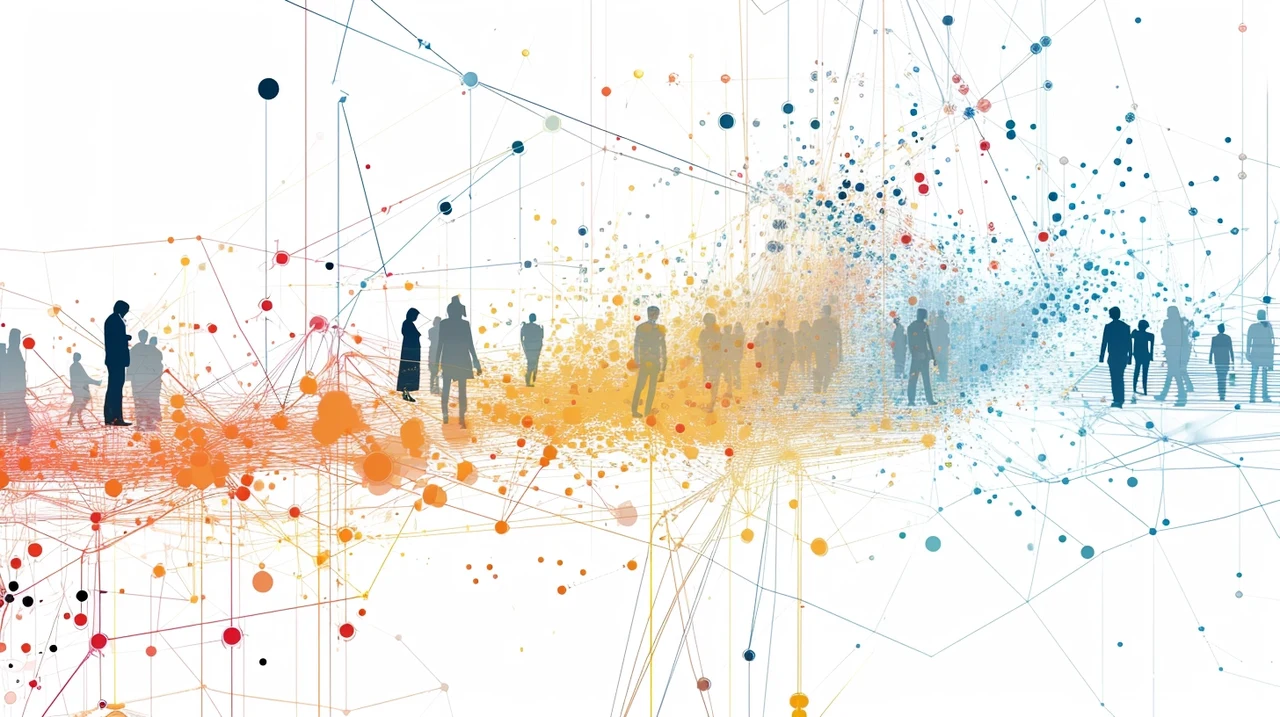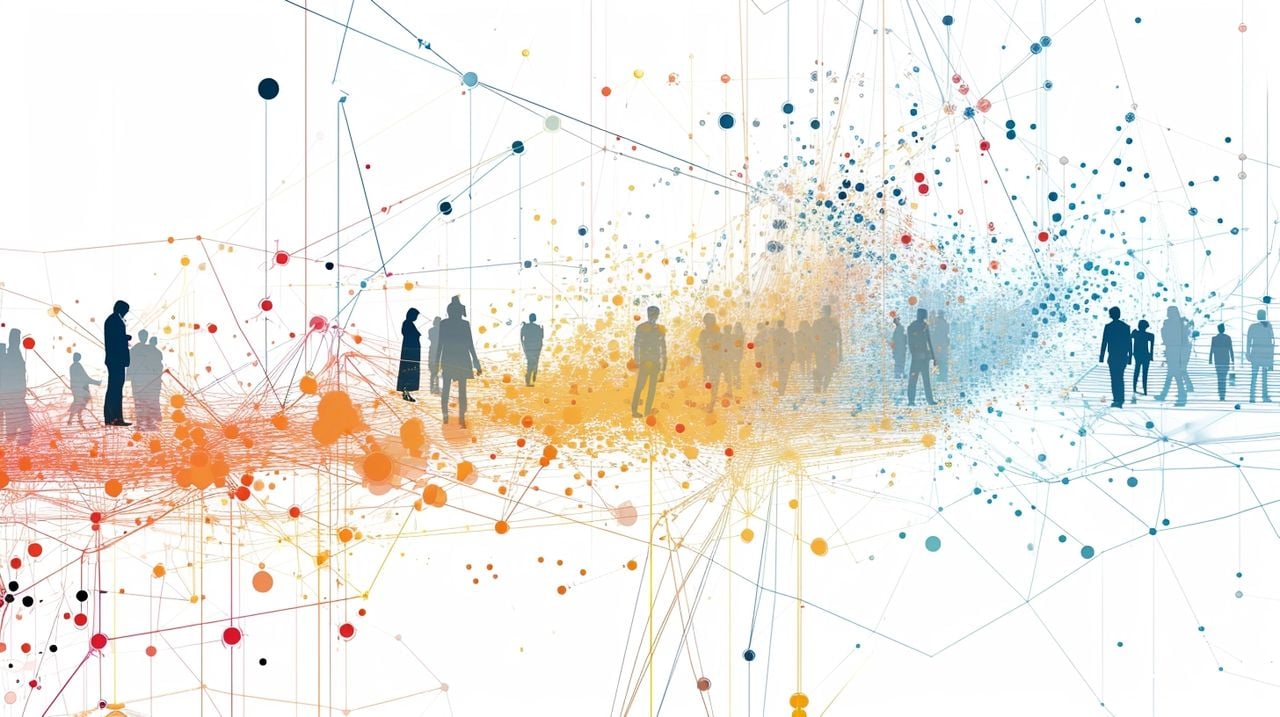
If you like to learn more about what it takes to be and OpenAI grant winner you are sure to enjoy this interview conducted by David Shapiro with the cofounders of Meaning Alignment, Ellie and Oliver. Securing a grant from OpenAI for their significant contributions to AI ethics. Ellie and Oliver have spearheaded the development of a unique tool known as Moral Graphs, which are designed to weave human values into the fabric of AI technology. Their work is not just theoretical; it has real-world implications, influencing how AI systems interact with people on a daily basis.
At the heart of the Institute’s mission is the creation of AI that is attuned to human values, ensuring that the decisions made by these systems are both beneficial and meaningful. The moral graphs they’ve developed are intricate structures that encapsulate human values and the relationships between them. These graphs are built by analyzing real-life scenarios and identifying what the Institute terms “wiser values,” which are crucial for AI to recognize and support the complex moral fabric of human society.
The Institute’s vision extends into the future, imagining an economy in the post-AI era that is driven by meaning and values rather than mere productivity or profit. They foresee economic systems and policies that are designed to ensure a fulfilling life for all individuals. To bring this vision to life, the Institute is actively engaged in practical experiments with local policy and the development of an economy centered around meaning.
Meaning Alignment interview
The task of aligning AI with human values is intricate, requiring a deep understanding of ethics, philosophy, and psychology. The Institute’s work involves scaling their moral graphs to encompass a broader spectrum of values and continuously refining AI models to align with these values. This is an ongoing process that evolves with societal norms and standards.
Here are some other articles you may find of interest on the subject of OpenAI :
Moral Graphs : OpenAI Grant Winner
“We received an OpenAI grant to build a democratic process called Democratic Fine-Tuning (DFT), and create the first Moral Graph. Here, we will present our early results.
Our goal with DFT is to make one fine-tuned model that works for Republicans, for Democrats, and in general across ideological groups and across cultures; one model that people all around the world can all consider “wise”, because it’s tuned by values we have broad consensus on. We hope this can help avoid a proliferation of models with different tunings and without morality, fighting to race to the bottom in marketing, politics, etc. For more on these motivations, read our introduction post.
To achieve this goal, we use two novel techniques: First, we align towards values rather than preferences, by using a chatbot to elicit what values the model should use when it responds, gathering these values from a large, diverse population. Second, we then combine these values into a “moral graph” to find which values are most broadly considered wise.
Here, we will present the first moral graph, based on convergent values identified from a representative sample of US citizens. Later work will explore gathering values globally, and fine-tuning an LLM based on these values.
We’ll start with our two novel techniques, contextualize them with a tour of the process, then share the results and what they mean for AI alignment.”
As AI systems become increasingly advanced, the imperative for them to operate ethically grows stronger. The Institute’s research is pivotal in guaranteeing that future superintelligent systems will not only adhere to human values but will also promote them. This is particularly crucial as we stand on the cusp of an era where AI’s capabilities could surpass human intelligence.
The Institute’s research also includes hands-on experiments with local policy and the development of a meaning-centered economy. These experiments are essential for understanding how to integrate concepts of meaning and value into economic and governance systems. One of the most daunting challenges the Institute faces is quantifying meaning. However, they have developed methods to measure it, providing a more objective framework for assessing how well AI systems and policies align with human values.
The Meaning Alignment Institute’s work represents a significant step toward a future where AI not only supports but also enhances human life. By crafting moral graphs and striving for AI to resonate with human values, Ellie and Oliver are at the forefront of a movement that seeks to ensure technology fulfills humanity’s deep-seated need for meaning and purpose. Their efforts are shaping a world where AI is not just a tool for efficiency but a partner in creating a richer, value-driven human experience.
Filed Under: Technology News, Top News
Latest timeswonderful Deals
Disclosure: Some of our articles include affiliate links. If you buy something through one of these links, timeswonderful may earn an affiliate commission. Learn about our Disclosure Policy.

